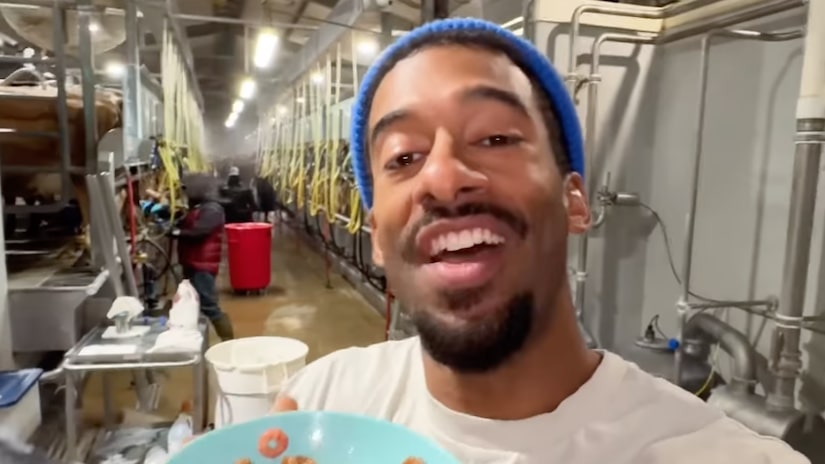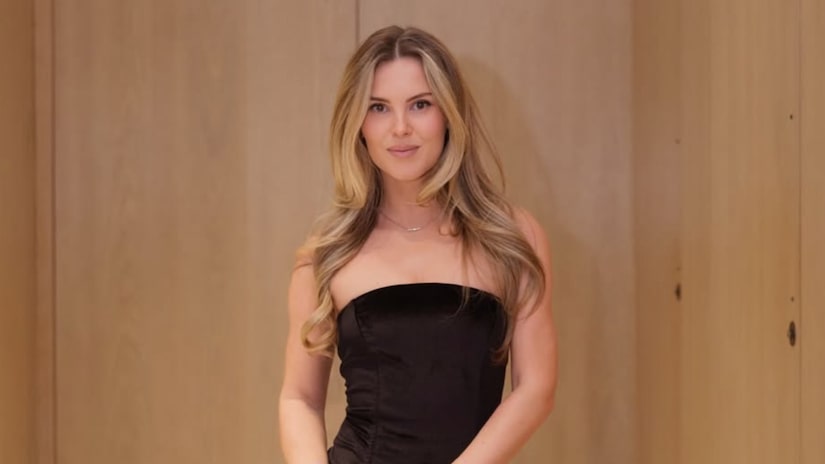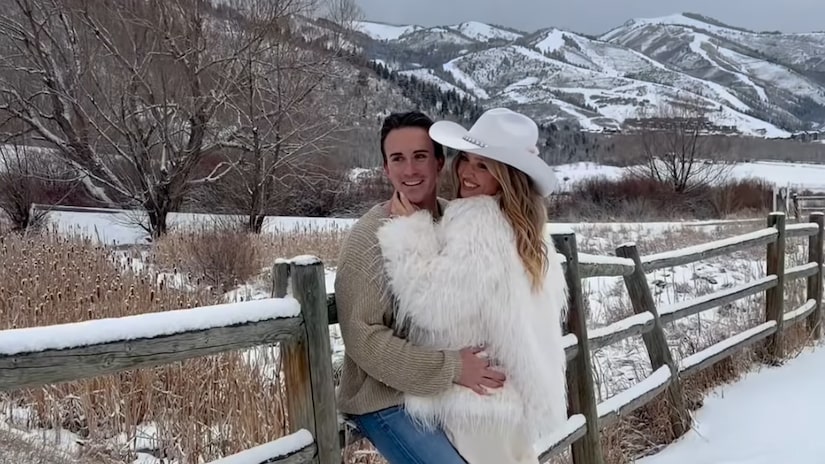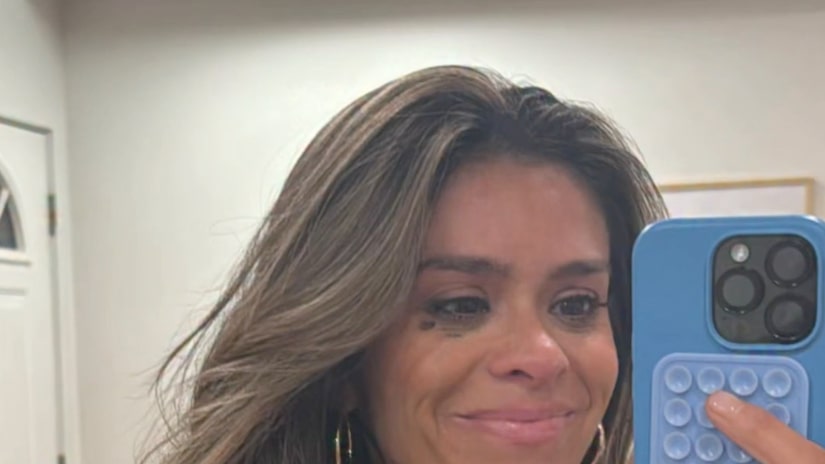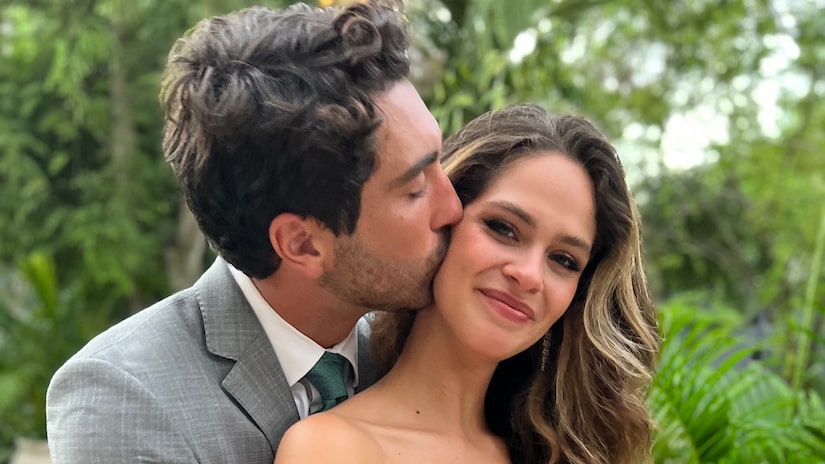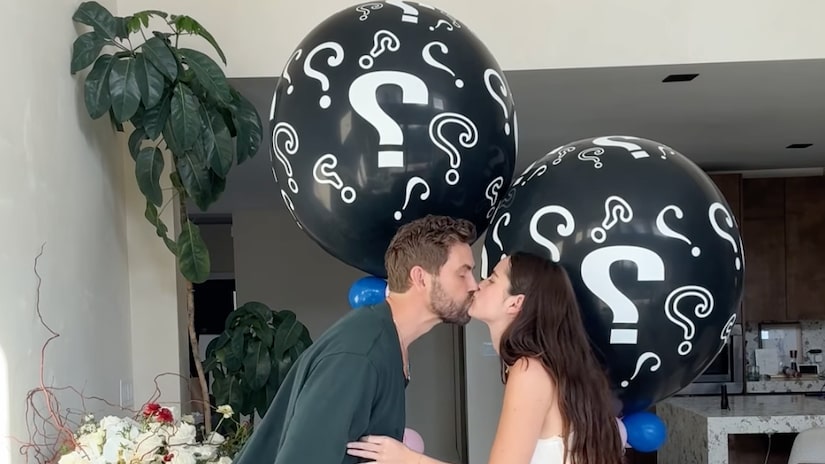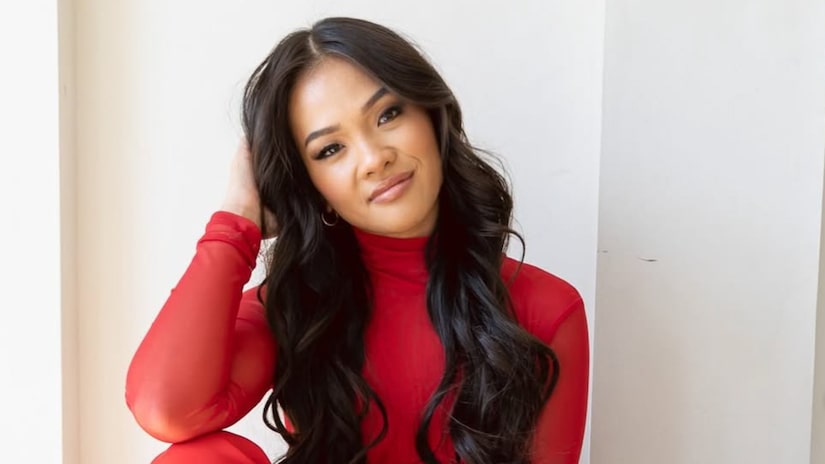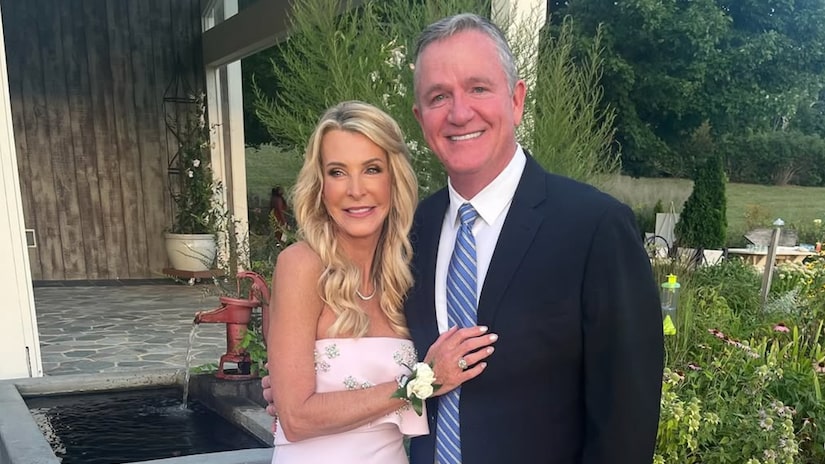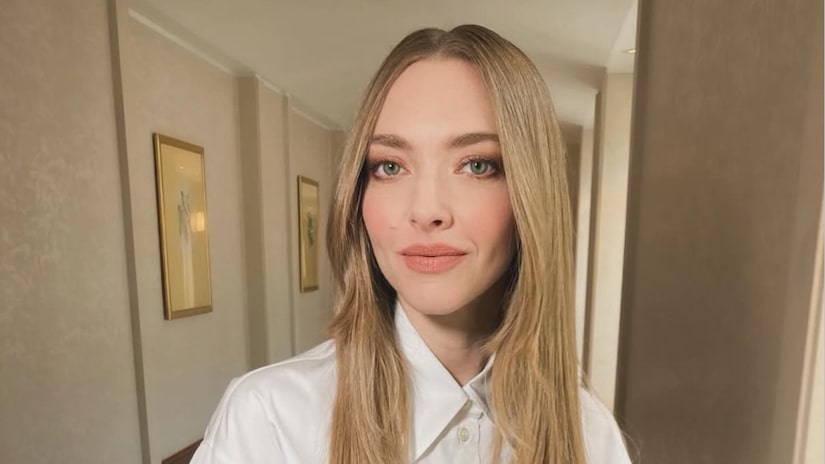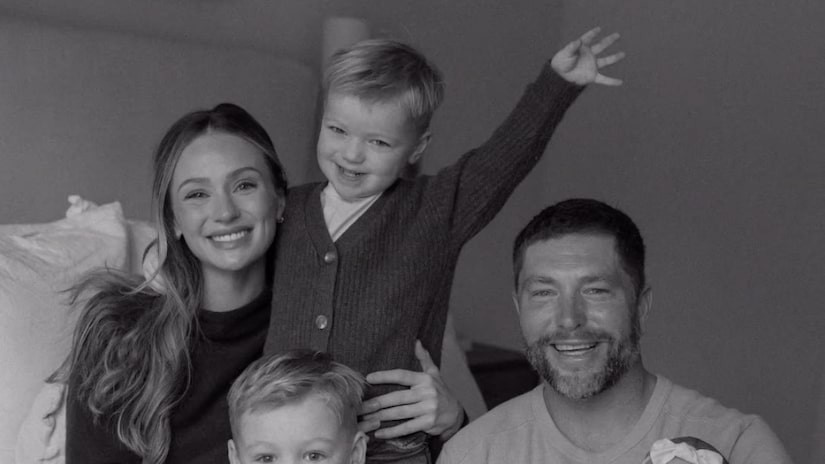January 29, 2021 bachelor insider
Ben Higgins on the 'Cathartic' Experience of Writing a Book, Overcoming Addiction, and His Future with Jessica Clarke
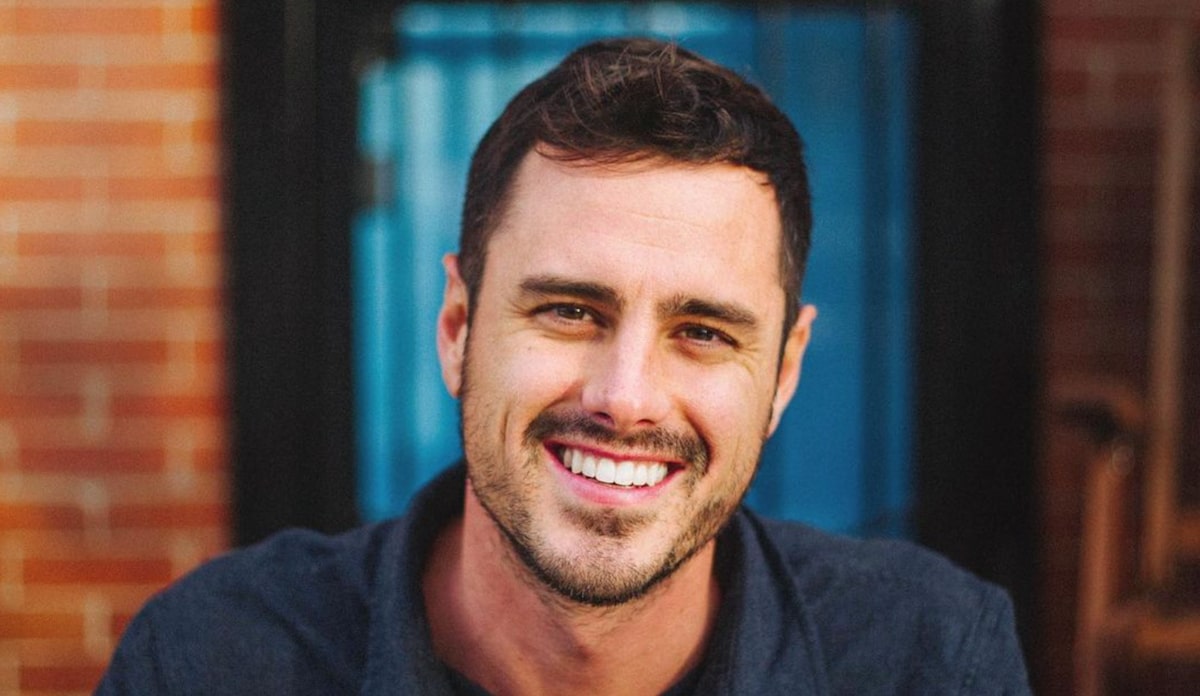
When Ben Higgins finished filming “The Bachelor” in 2016, he didn’t know how to process the instant fame that came with leading Season 20 of the long-running reality series.
“When I got asked to be the Bachelor, I was thrown into a situation where a lot of people saw me and were interested in me. People identified with me and they placed labels on me,” he recounts in an exclusive interview with BachelorNation.com. “The tagline for my season was ‘A Perfect Ben.’ I remember looking at it and immediately feeling my heart drop. It validated my fear of not being fully known. There were these expectations of me, and I was scared that I couldn’t fulfill them.”
Eager to understand himself better, Ben soon began exploring his feelings of self-doubt off-camera. The handsome entrepreneur’s internal journey ultimately led to him writing his first book, “Alone in Plain Sight: Searching for Connection When You’re Seen but Not Known.”
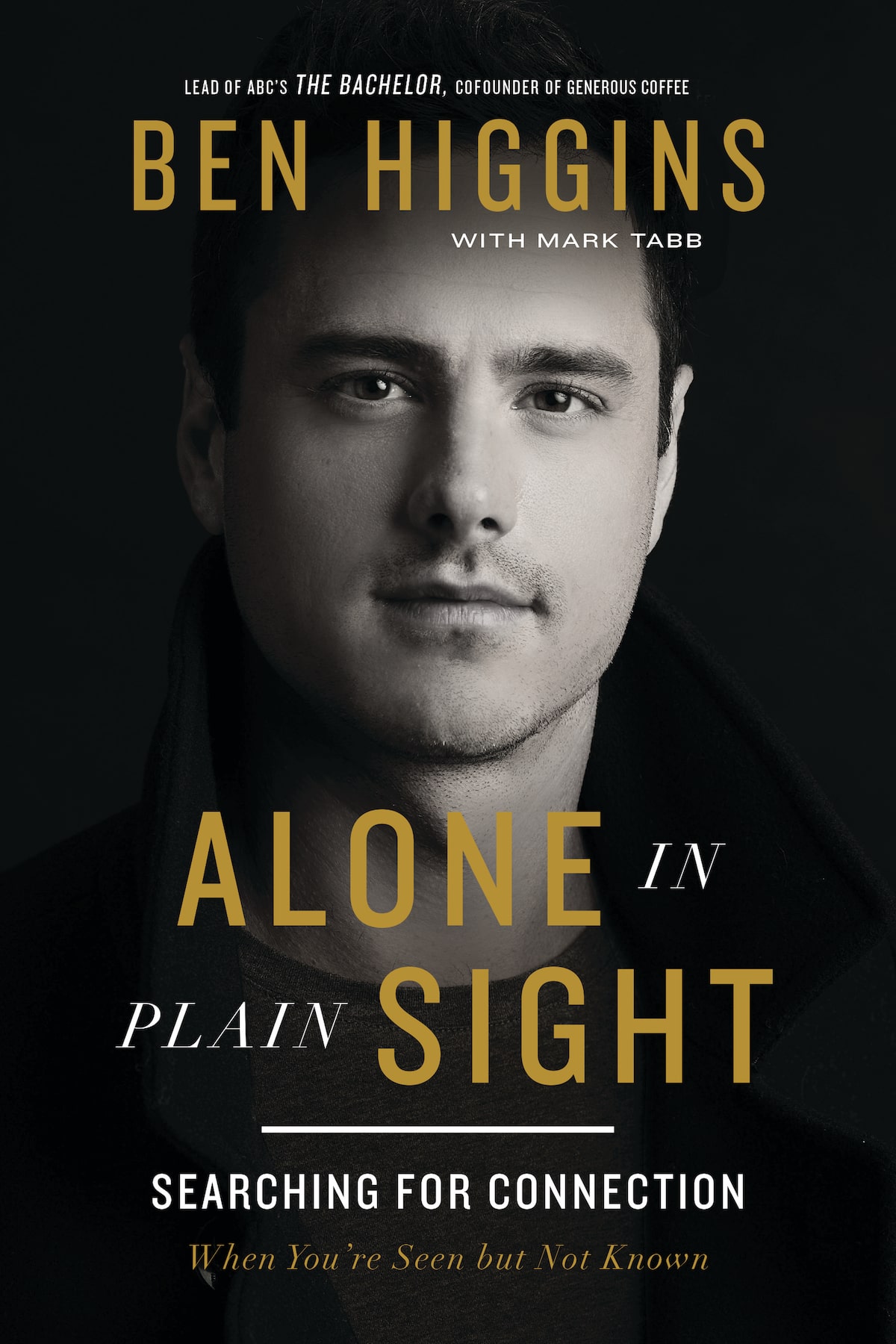
“I felt alone yet in plain sight of the world. That’s really when the book started getting written, really quickly after I was the Bachelor,” the new author says. “I was jotting down my feelings, asking myself, ‘Why has this thing been so good to me, but I feel so disconnected from the world right now?’”
The literary project — which hits bookshelves February 2 — features personal stories of how the beloved Bachelor Nation figure went from feeling lonely and rejected to finally feeling seen after pursuing authentic connections with himself, with others, and with God. The book also incorporates insightful revelations about Ben’s life before “The Bachelor,” including a secret battle with substance abuse.
Below, Ben talks more with BachelorNation.com about the “cathartic” experience of penning “Alone in Plain Sight,” overcoming addiction, and his bright future with fiancée Jessica Clarke (which, as he says, “definitely” includes a wedding in November).
Tell me about your approach to writing this book. What was your intention?
Most of the book is my story. However, I did tie in the stories of friends of mine because there were some topics I really wanted to highlight even if I didn’t have a personal connection. For instance, the feeling of being completely disconnected. I also touch on death. I have a buddy who was paralyzed in a skiing accident, so what does it feel like to have your life change within seconds? I wanted to hit as many different topics as I could so that more people could read the book and say, “OK, I can relate to this,” or, “I’ve been there.” When I couldn’t provide insight from my own life, I pulled from the stories of others.
Which chapter feels the most meaningful to you?
They all feel meaningful to me for different reasons. But a chapter that sticks out is one where I get into the story of a 24-year-old girl named Annie McMahon. She had cystic fibrosis and was declined her third lung transplant. She was a fan of “The Bachelor” and her friends asked me to record a video that they could give her. I ended up interviewing her, speaking with her about what it means to know that you only have a few weeks left and that your time is running out. Annie is no longer with us, but her memory lives on. Hearing this beautiful girl with a great heart open up to me about her story will stick with me forever. Having that time with her meant so much to me.
Was writing this book a cathartic experience for you?
It was cathartic, for sure. A little bit over halfway through the process of writing the book, I brought on a ghostwriter. I did that because I realized I was falling back into the temptation of keeping things surface-level. To fully dig in, I needed somebody to push me. I needed somebody to ask the right questions to pull things out of me that would have been impossible to do alone. Things that hurt me the most, like my experience with addiction — which I’ve never talked about publicly until now. I’ve never shared it with my family until now. I spent two years of my life addicted to painkillers. And I wrote about it because I realized there are other people out there who are going through the same thing. It was cathartic but it was also really hard. I say this in the best of ways but writing this book actually pushed me into counseling because it made me approach my biggest insecurities.
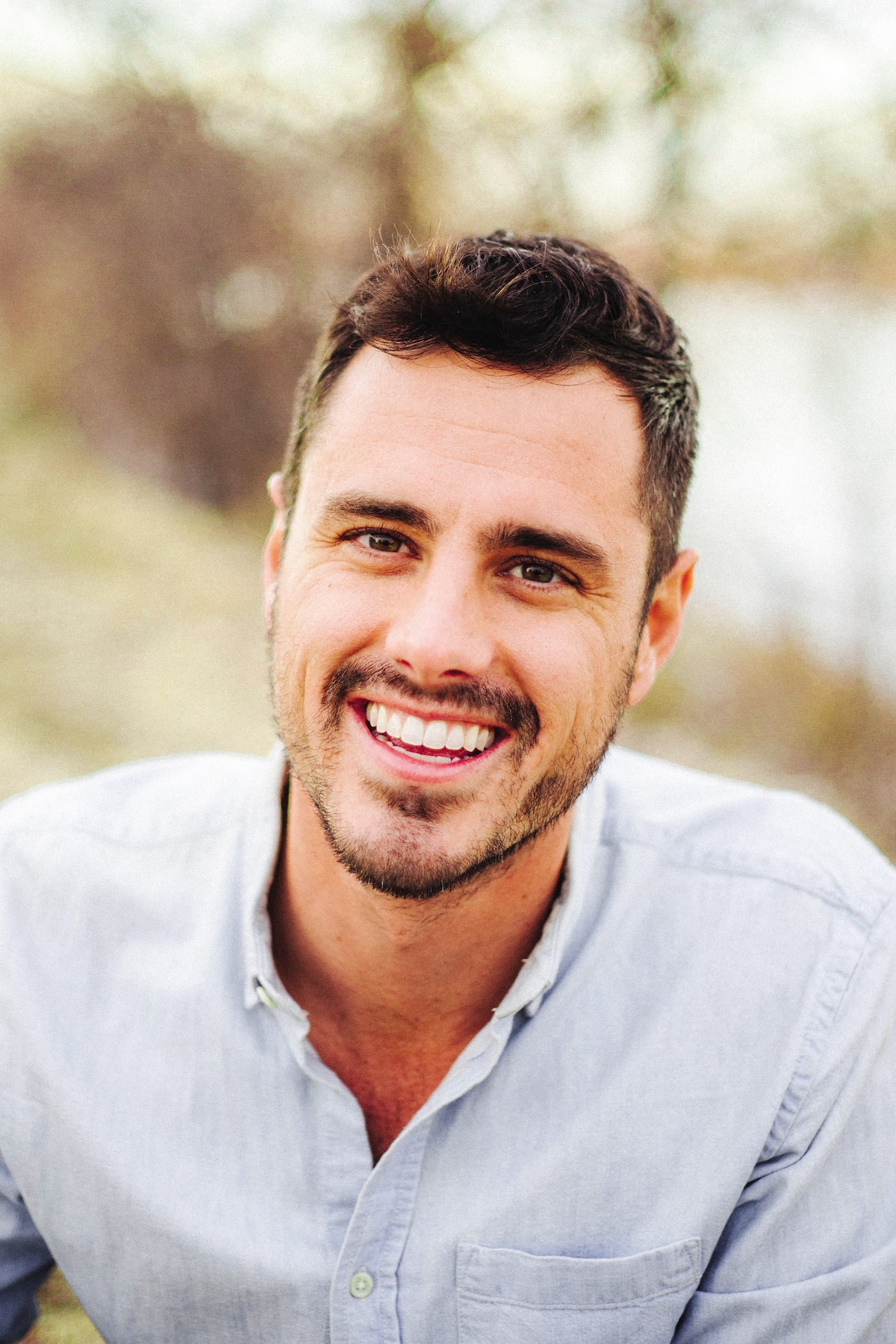
How did counseling work in tandem with your writing process?
The first four chapters of the book talk about paralysis, death, and terminal illness. After that, how was I supposed to write about connecting with God or exploring life’s purpose? At that point, I was feeling dark and heavy and had a lot of doubt. Counseling really helped me gain perspective. It also helped me admit to myself that I was hurting and struggling as I was writing. And that’s fine because this is a raw and emotional book. I put myself in this position, but I found the strength within myself to accept guidance. It really helped me digest all that I was absorbing while writing the book.
By sharing your story of addiction, how do you hope to help others who are also struggling with substance abuse?
I just hope they feel less alone. I know addiction can make you feel purposeless at times and that it sometimes feels like the addiction will never stop. I want people who are struggling to know that there’s nothing wrong with them. They just have a problem that needs confronting because it’s preventing them from being the best version of themselves. When I was in the midst of it, I knew it wasn’t who I wanted to be. I want to give others the ability to confront it without shame and guilt, knowing that there is victory on the other side. My story with addiction still haunts me at times, but I have overcome it. It doesn’t make me any less of a man today even though it’s a part of my story.
When did your struggle with painkillers begin?
I got hurt in high school playing football. I blew out my knee. My sports career ended. I felt like I had no identity. My dreams of going to play college sports had been shot. I had surgery. I got painkillers from that, so I started taking them. And then after that, I had another surgery done on my knee, so I got painkillers for that. It ended up being a year and a half where I was either prescribed or semi-prescribed painkillers. I also took medicine that wasn’t prescribed. I went down some dark routes, taking and finding pills. The addiction went with me into my freshman year of college and then my sophomore year of college — where I got hurt again — so I had more access to painkillers. Altogether, my addiction lasted nearly three years.
How were you able to conquer your addiction?
I remember how I got over it was I woke up one morning, I looked at myself in the mirror, and I stared myself in the eyes. The weekend before, I had stolen some pills from a friend of mine who got hurt. And I had this tremendous amount of guilt over it even though I still took the pills. And I looked at myself, right into my red eyes, and said, “This is not the man you want to be. This is not the man you’ve ever dreamed of being.” And I walked out of that bathroom that day and I asked for help. I started to receive support from loved ones, from professionals, and I set myself on a path to recovery. In a way, I just kind of quit cold turkey. There was this internal reckoning where I realized that if I continued down that path, I’d never be anywhere close to the man that I wanted to be, the friend I wanted to be, the son, I wanted to be, the husband I wanted to be.
How do you process your experience with addiction in 2021?
I don’t want to say I’m over the addiction piece because I don’t know if you ever are. It’s always there. But I’m over hiding it. I also had recognized at the time that a lot of my addiction was me just numbing the fact that I was sad and felt purposeless. Without sports, I felt like I had no value. I was numbing a lot of those emotions by just getting high. Thankfully, I got to a place where I didn’t need the pills anymore.
Do you think people will see you in a different light after reading “Alone in Plain Sight”?
I think people will learn a little bit more of my story. I hope they see me as human. I hope they see me as flawed. I hope they see me as trying. I hope they see me as caring. But they could also take away something completely different and that would be fine, too. I just hope the book has a positive impact on people. I hope people see that my intention is to love people and to love God, which hopefully inspires others to do the same.
Speaking of God, why was it important for you to explore the idea of faith in your book?
Without Jesus, none of my life makes sense. All of my decisions, the way I see people, the way I deal with people, the way I try to be myself in this world all comes from that perspective. I want to follow the truth wherever it is. I don’t want to blind myself to the possibility that there’s a God who loves and a God who cares. My whole life has been in the pursuit of what truth is and the more I’ve looked for it, the more that loving God and loving people seem to make sense. I don’t think I have a book talking about trying to overcome loneliness unless I believed there was a God who wanted the same for us. Because, quite frankly, if there isn’t a God that desires us to love one another, then we are kind of alone in a lot of ways. Even if you don’t follow the same belief system as me, I hope people will at least ask the question, “Is there anything greater?” If there is, then how does that impact the way we treat people?
You’ve said that “Alone in Plain Sight” is in no way a “Bachelor” tell-all. Do any parts of your experience within the franchise come up?
A few. When I was on “The Bachelorette” [Season 11], a producer came up to me one day and he goes, “I don’t like you because I don’t know you, and you don’t let people get to know you.” For a guy who struggled with the insecurity of people not liking him, not understanding him, it was hard to hear. We sat down for four hours and talked about why he said what he said. By the end of the conversation, I felt comfortable enough to admit that I felt unlovable, that I hid myself as often as I could, that I was scared of the world not understanding who I am. Did I even understand who I was? I was so unsure of myself at that time. And that became part of my storyline throughout my time on both “The Bachelorette” and “The Bachelor.” The conversation with that producer really left a mark on me and set me on this path to ask myself questions and pursue stronger connections in my life, which ultimately led to me writing this book. And then I talk about my breakup [with Lauren Bushnell]. There’s a whole section of this book on romance. What does it look like to break up publicly? What does it look like to move on with respect for each other? How do you heal from breakups? So, those two parts are in there.
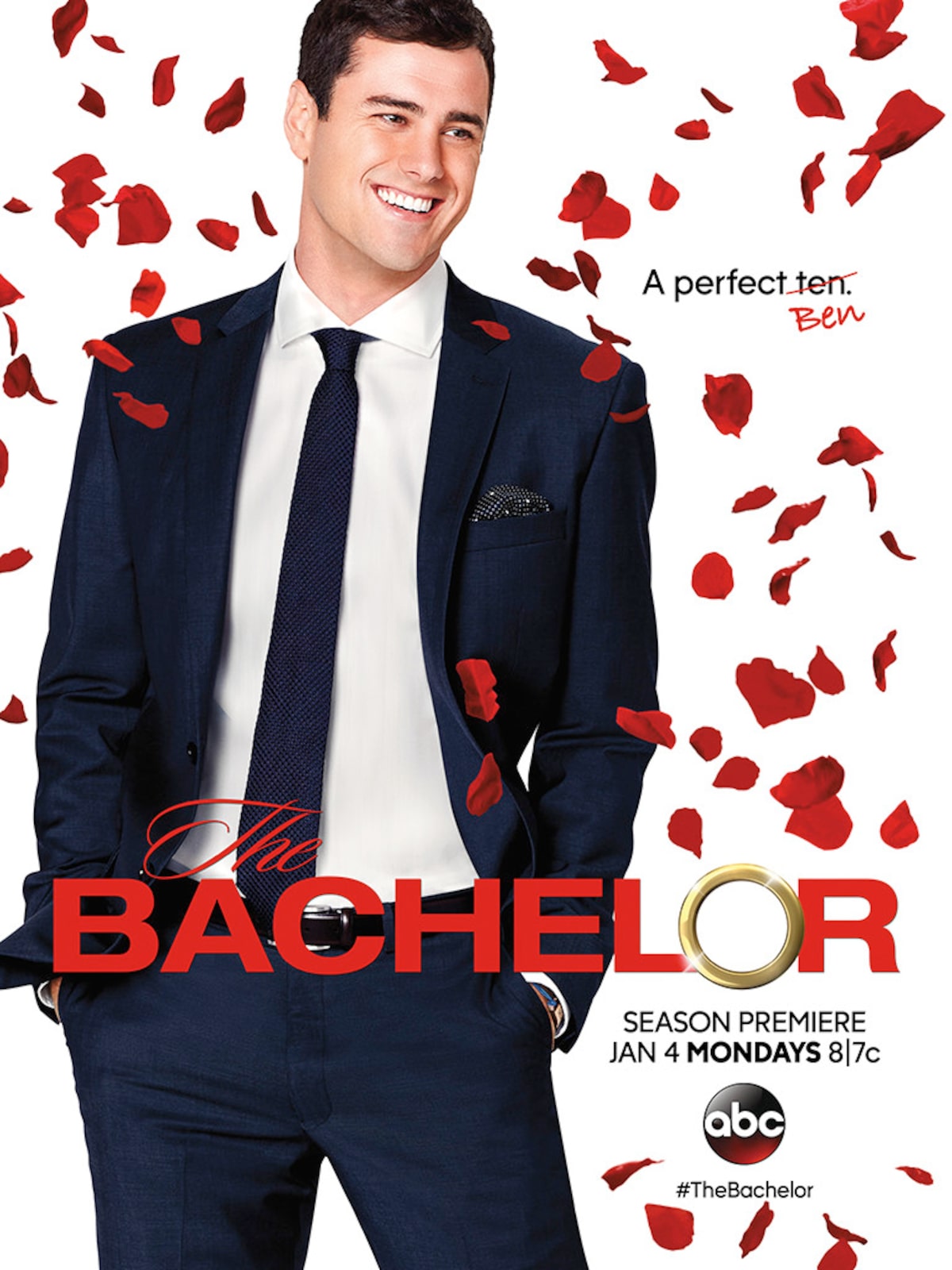
How do you think your outlook on love has changed after being a contestant on “The Bachelorette,” leading “The Bachelor,” and then finding Jessica, the woman you want to spend the rest of your life with?
Love, to me, is a beautiful and peaceful feeling. That is the best way to describe how I feel for Jessica. She completes me. It’s a strength that her companionship gives me. It’s a commitment that I’m making. I have no doubt now, as I’ve gotten older and as I’ve talked to people, that marriage is not easy — but it’s a beautiful commitment that can be more beautiful than anything you’ve ever imagined. I can’t wait to make that commitment to Jessica and become her husband.
You’ve said before that Jessica makes you a better man. How so?
In every single way. There’s a curiosity involved. She just wants to understand me, and she wants to know me. She wants me to never feel alone. She lets me know that she’s always going to be there for me. There’s a freedom to our relationship that’s beautiful. Knowing that she will always be by my side to make it through the tough times is the most reassuring and wonderful feeling. Her love for me makes me want to be a better partner. She brings out the best in me. It’s honestly difficult to put into words what and how much she means to me.
You had planned to get married in 2020 before the coronavirus pandemic forced you to readjust. What are your current plans? Jessica recently revealed that you may be eyeing a date in November…
Yeah, we’ll definitely get married in November — with or without people. We’re choosing not to live together and to not be intimate until marriage. It was a really good plan until our wedding got pushed back. And now we’re still choosing to do that. So, no matter what, this is the year. [Abstinence] is healthy for us and it’s going to be the best thing for us, but we’re making it official in November. That’s when we’ll get married. We just don’t know how that looks right now because of COVID-19.
Waiting for your permission to load the Instagram Media.
Even though you’re not living together, you and Jessica recently purchased a home together outside of Denver, Colorado. How does it feel to finally live in the same city after years of maintaining a long-distance relationship?
It’s incredible for multiple reasons. I’m not packing my bag every other week and she’s not packing hers. We’re able to live life together. We’re able to have Wednesday nights together and watch TV. It’s so much more relaxing. It’s a lot steadier and more romantic. Now we’re fixing up the house and she’s starting to decorate it. It’s the little things — which are the exciting things — that happen when you’re in a relationship. We haven’t been able to do this kind of stuff until now. I’m so grateful.
I’m sure Jessica has read “Alone in Plain Sight.” What does she think of it?
She’s very proud of me. She’s very excited. She’s very supportive. I have a lot more anxiety around it than she does. I’m thinking to myself, “Is anybody going to read it? What will they think of it?” She has this constant excitement and glow about her when it comes to the book. I’m more of the nervous Nellie, not knowing where to keep my thoughts. Again, it makes me feel really lucky to have her by my side.






